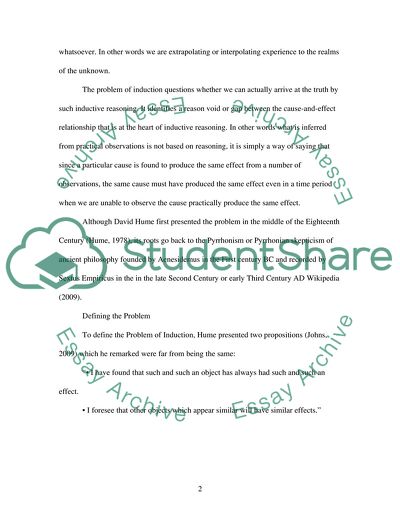Cite this document
(“The Problem of Induction: Scientists Woes Article”, n.d.)
The Problem of Induction: Scientists Woes Article. Retrieved from https://studentshare.org/social-science/1557316-assignment-2
The Problem of Induction: Scientists Woes Article. Retrieved from https://studentshare.org/social-science/1557316-assignment-2
(The Problem of Induction: Scientists Woes Article)
The Problem of Induction: Scientists Woes Article. https://studentshare.org/social-science/1557316-assignment-2.
The Problem of Induction: Scientists Woes Article. https://studentshare.org/social-science/1557316-assignment-2.
“The Problem of Induction: Scientists Woes Article”, n.d. https://studentshare.org/social-science/1557316-assignment-2.


